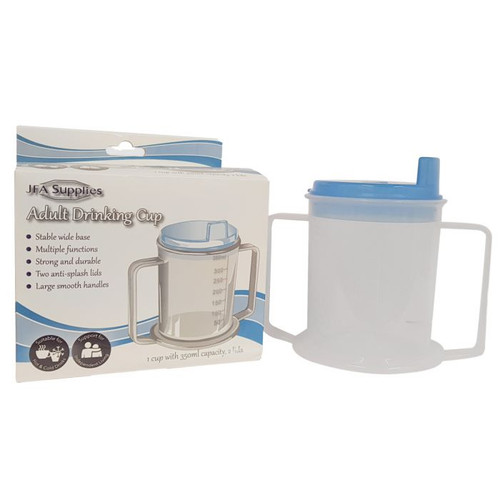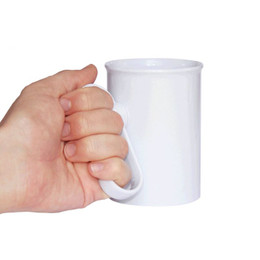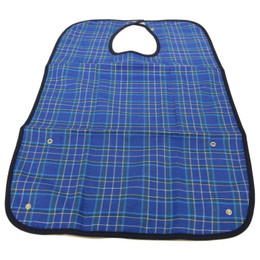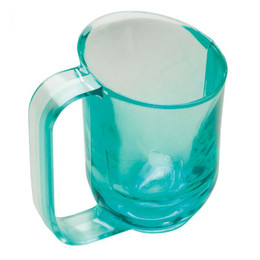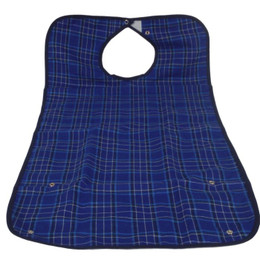Product Description
Specially designed for elderly or disabled individuals, the Adult Drinking Cup allows the user to drink with confidence and helps to reduce the risk of spillages. It features double, easy-grip handles that promote comfort even for those with limited hand grip. For additional convenience, it is supplied with two different lids: a splash lid that is suitable for use with a drinking straw and a spout lid for easy, independent drinking. Hardwearing and durable, this functional and versatile cup is both microwave and dishwasher safe.
Adult Drinking Cup Information:
- Suitable for the elderly or those with disabilities
- Wide base for safety and security
- Large, easy-grip handles
- Can be used for warm and cold drinks
- Supplied with a spout and anti-splash lid
- Reduces the risk of spills
- Hardwearing and durable
- Dishwasher, microwave and steam steriliser safe
- BPA, PVC and latex-free
- Adult Drinking Cup capacity: 350ml
How can dementia affect drinking?
Someone with dementia may get dehydrated if they are unable to communicate or realise that they are thirsty, or if they fail to drink. This might cause headaches, increased disorientation, urinary tract infections, and constipation. These can exacerbate the symptoms of dementia.
The experience of thirst varies with age. This could lead to someone with dementia not feeling thirsty despite not drinking enough. They may be less able or willing to grab themselves a drink.
Placing a drink in front of someone does not automatically imply that they will drink it. Also, an empty cup does not always indicate that the person has finished their drink. It could have been spilled, drunk by someone else, or poured out.
Ensuring the person drinks enough
Here are a few steps you can follow to assist a person with dementia drink enough:
- Encourage the person to drink all day. The recommended daily intake is one and a half to two litres, which equates to eight to ten glasses or ten to thirteen cups.
- Keep a drink on hand anytime the person is eating something.
- Use a clear glass to allow the recipient to see what is within, or a brightly coloured cup to capture attention.
- If feasible, offer the cup to the person or place it in a visible location.
- Provide a variety of liquids throughout the day, including tea, coffee, hot and cold milky drinks, fruit juice or smoothies, soup, squash, and water.
- Make sure the cup or glass is appropriate - not too heavy or in a challenging shape.
- Encourage the user to consume liquid-rich meals such as gravy, ice creams, milk jellies, and yoghurt.
What is the best cup for someone with dementia?
The best cup for someone with dementia is the Adult Drinking Cup from Better Independent Living. This specialised cup is designed to aid those with limited dexterity and cognitive challenges, offering features such as easy-grip handles and a spill-resistant lid to facilitate safe and comfortable drinking. The thoughtful design helps maintain independence and dignity for individuals with dementia, making it a highly recommended option for carers and family members seeking to support their loved ones' daily living needs.
